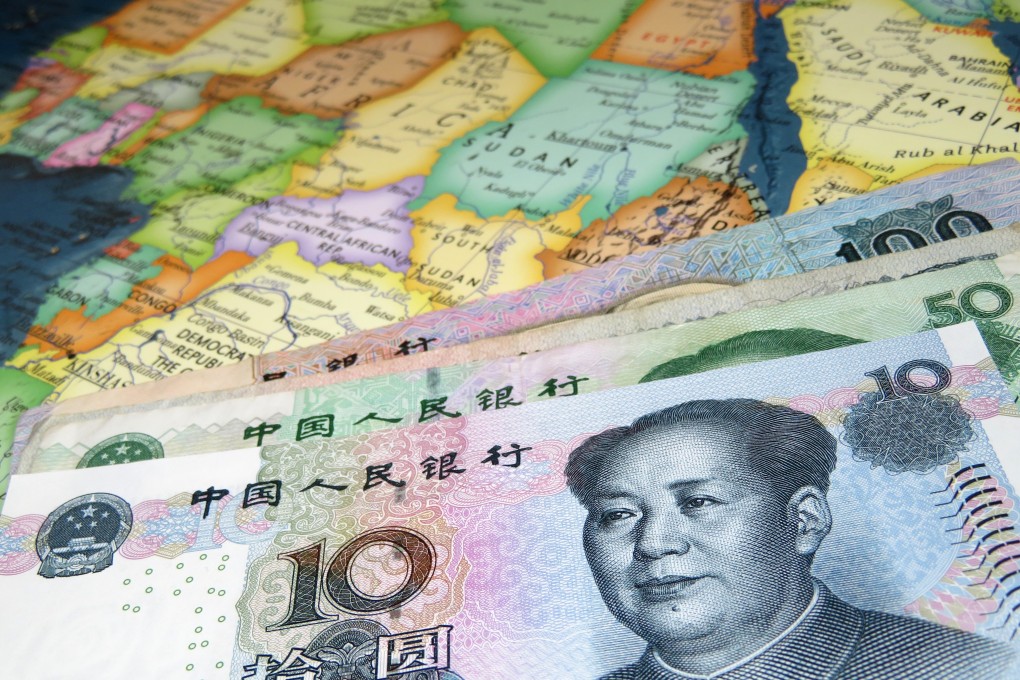Advertisement
FOCAC: African nations push China for better trade deals in lead-up to Senegal summit
- China-Africa meeting in late November brings expectations from African countries seeking vaccine access, wanting to grow exports to China and secure debt relief
- ‘2035 Vision for China-Africa Cooperation and Climate Change’ document to be adopted by Africa and China at the Dakar summit
Reading Time:4 minutes
Why you can trust SCMP
31

As Chinese and African leaders plan to meet in Dakar, Senegal, at the end of the month for the Forum on China-Africa Cooperation (FOCAC) the continent is eyeing better trade deals with the Asian economic giant.
On Thursday, the Senegalese foreign affairs minister Aissata Tall Sall met ambassadors of the African Group in Dakar to prepare for the 8th FOCAC meeting, which will convene for two days from November 29.
The minister said China and Africa would adopt a so-called Dakar declaration and a Dakar 2022-24 Action Plan. A document on the “2035 Vision for China-Africa Cooperation and Climate Change” would be adopted by Africa and China at the event.
Advertisement
Thursday’s meeting in Senegal was also attended by China’s ambassador in Dakar, Xiao Han.
The Chinese ambassador said, “with less than a month to go before the forum opens, the Chinese side is ready to roll up their sleeves to work hard with the African side to cover the home stretch”.
Advertisement
Advertisement
Select Voice
Select Speed
1.00x